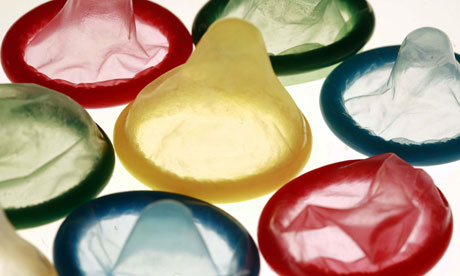
A new survey reveals many young people appear to be unaware of the risks of contracting sexually transmitted infections.
Youth resource TheSite.org asked 16 to 25-year-olds about their attitudes towards sex and alcohol. The survey found that almost half thought that it was OK to have sex without a condom if the girl is on the pill.
The survey also revealed that almost a third of respondents had caught an STI after a night of drinking and 62% of those who had unprotected sex didn't go for an STI test afterwards.
Dr Ranj Singh, an NHS doctor and media commentator on young people's health, said: "It's alarming to see such relaxed attitudes towards condom use amongst young people, but more importantly indicates that there's a significant lack of awareness of the risks associated with contracting STIs.
"Figures for the number of young people infected with STI's are at record highs and this problem is not going away, so it's absolutely essential that we look at ways of ensuring young people are clear about the facts."
Other results from the survey showed that more than a third of respondents had obtained emergency contraception after a night of drinking, 58% had kissed or had sex with someone they wouldn't normally fancy and 48% had a one-night stand they regretted.
TheSite.org is run by charity YouthNet, and offers advice and information to young people on a range of topics, including emotional wellbeing, work and welfare.
The survey follows an evaluation report into an NHS pilot scheme, which recommended that girls as young as 13 should be able to walk into a high-street chemist and get the contraceptive pill if they want it.
• Around a quarter of 15-year-olds across Europe and North America are sexually active, according to a new World Health Organisation report.
The Health Behaviour in School-aged Children (HBSC) study, finds that young people face widespread health inequalities, which may lead on to lasting inequalities in adulthood.
Early sexual activity, along with risky behaviour in adolescence, is an important marker for poor sexual health in adulthood, says the WHO.
Zsuzsanna Jakab, WHO regional director for Europe, said: "This report shows us that the situation across Europe is not fair: health depends on age, gender, geography and family affluence. But it doesn't have to be that way. This report gives policymakers an opportunity to act to secure the health of the next generation. Once again, young people have used the opportunity provided by HBSC to speak. It now falls to us – who cherish their aspirations, ambitions, health and wellbeing – to act."

